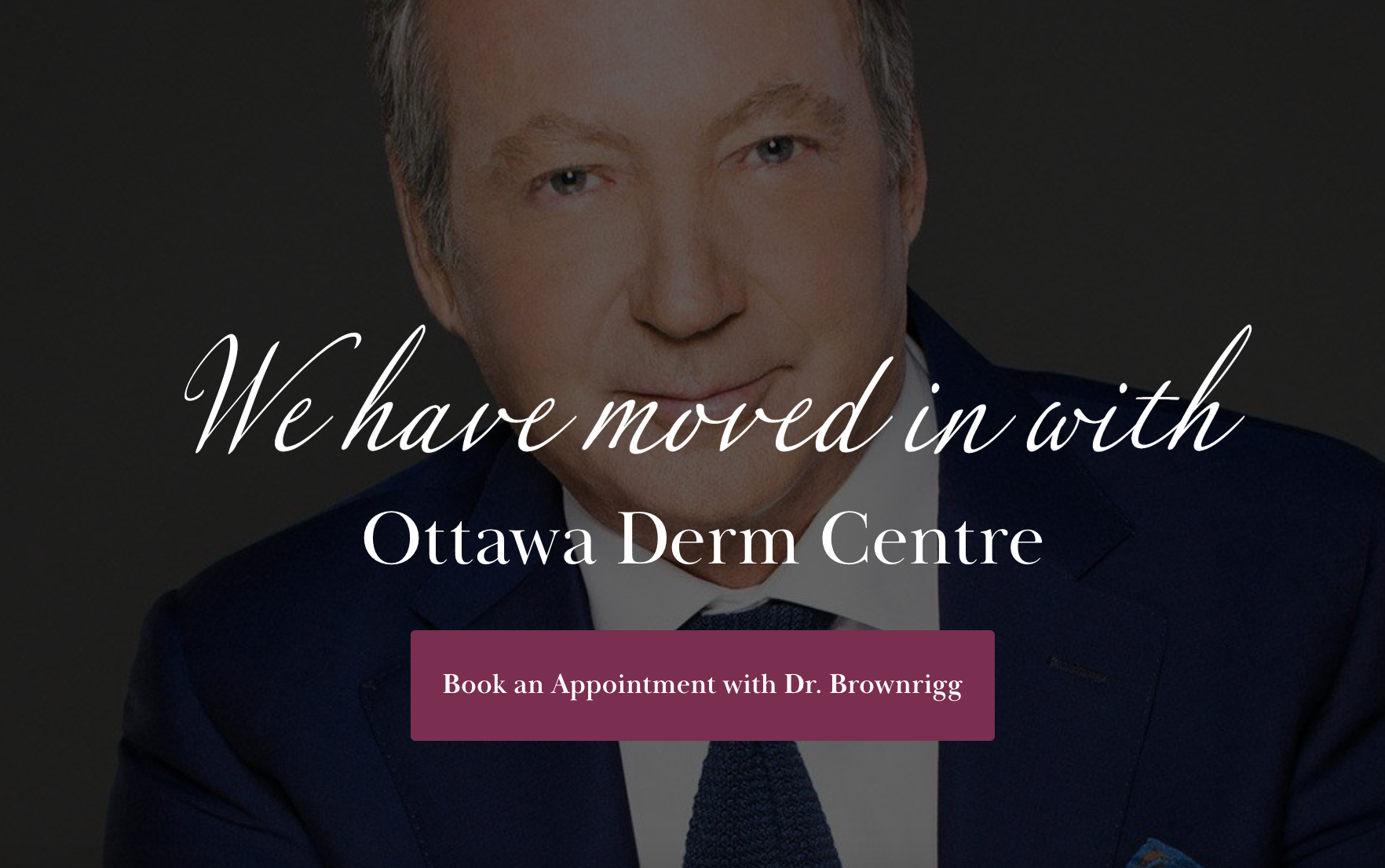Post-Operative Instructions
Your recovery and aftercare will depend on the type of surgery you have, as well as your body’s natural rate of healing. Your surgeon will likely provide you with specific post-op instructions for cosmetic surgery recovery. However, there are some general guidelines you can follow to help protect your health and minimize the possibility of complications.
The First 48 Hours after Anesthesia
Most plastic surgery procedures are performed under sedation or general anesthesia. If you were sedated, there are several rules you need to follow for the first 48 hours. During this time, you should not:
- Drink alcohol
- Drive a motor vehicle or operate heavy machinery
- Make important decisions
- Be alone without a responsible adult
While waiting for the sedation to wear off, you should:
- Rest
- Start with liquids and progress to solid food
- Eat slowly
- Chew your food well
You may experience feelings of lightheadedness or dizziness after surgery. Some patients also feel nauseous as the effects of anesthesia wear off.
What to Do during Recovery
In general, most patients experience some discomfort, swelling, and fatigue after a cosmetic surgery procedure. Each individual will recover at a different rate and the exact postoperative symptoms you experience will depend on a variety of factors. While you recover, you should:
Take Medications as Directed
Your surgeon will likely prescribe medication to help manage pain and avoid infection. Make sure to take everything prescribed exactly as directed by your doctor.
Get Lots of Rest
For the first 24 hours after surgery, you should rest. You may walk and climb stairs slowly, but avoid any strenuous activities. Your doctor may recommend limiting your activity for two weeks or more. Listen to your body as you heal and make sure not to push yourself.
Wait 24 to 48 Hours to Shower
You will need to keep your incisions clean and dry in the days following surgery. The location of your surgery will determine when you can shower again. Avoid baths, swimming pools, and hot tubs for at least three weeks.
Manage Your Pain
Ice packs can help reduce swelling and pain. You may also take TYLENOL® or a similar medication, though you should avoid anything with aspirin or ibuprofen.
When to Call the Doctor
Some pain and swelling is normal after surgery. You may also run a low-grade fever and notice a small amount drainage or bleeding on your dressings. You should notify your doctor if:
- You develop a fever of 101 degrees or higher
- You have a large amount of drainage or bleeding
- Your prescription pain medication is not sufficient for your pain level
These symptoms may indicate a complication. Call your doctor right away if you experience them.
Special Considerations
Compression Garments
Some procedures require the use of a garment to reduce swelling. If your surgeon provides you with a compression garment, you will likely need to wear it for three to four weeks. You can remove the garment to shower and adjust it as needed. Your surgeon will advise you as to how long you should wear the garment and how to care for it.
Drains
For certain treatments, drains are placed to reduce the accumulation of blood or fluid at the surgical site. If you have drains, you will likely need to empty them a few times per day. Drains are typically removed within a couple of weeks of the procedure. Your surgeon can review how to care for the drains during this time.
Scar Management
Proper post-op care can minimize the appearance of scars after a cosmetic surgery procedure. As your incisions heal, keep the area clean and well-dressed and avoid picking or scratching at scabs. You can also ask your doctor about an antibiotic cream to help healing. Once your incisions have completely healed, you should:
- Use sunscreen to prevent hyperpigmentation
- Moisturize the area
- Massage your scar to soften and flatten it
Make sure you ask your surgeon before using any of these techniques, so they can ensure your incisions have healed sufficiently.
Follow All Post-Op Directions
The best way to ensure a smooth and easy recovery is to follow all instructions from your surgeon carefully. They can provide you with aftercare directions specific to your procedure. For more information about recovering after plastic surgery, contact a plastic surgeon today.
